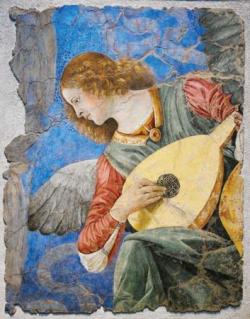Site-Wide Comment Activity: All Authors
|
|
|
|
|
|
 |
 |
|
|
 |
 |
|
|
 |
|
|
|
|
 |
 |
 |
- « first
- ‹ previous
- …
- 181
- 182
- 183
- 184
- 185
- 186
- 187
- 188
- 189
- …
- next ›
- last »